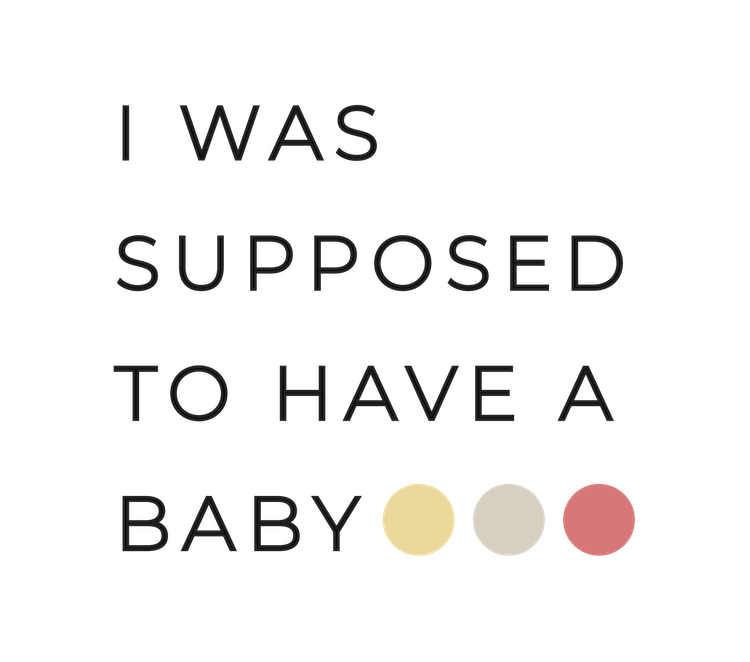Feeling Unseen in Loss Spaces as a Part of the LGBTQ+ Community
Feeling unseen in spaces that are supposed to provide support can make a fertility journey far more difficult than it already is, particularly when dealing with loss.
It’s harder to access grief support because they need to find spaces that are medically competant, LGBTQ+ affirming, and knowledgeable about perinatal grief…. and we all know how hard it is to do anything when you’re grieving—let alone spend a lot of time and energy on this.
People. may assume that LGBTQ+ people don’t want to be and/or aren’t meant to be parents.
They may face judgement about their family planning or the loss when sharing about the pregnancy or seeking support.
It’s hard to find supportive people when going through any loss because people often don’t know what to say or do.
And in the queer community, it’s even harder.
Not everyone has the support of their families or friends, in the fertility process or in general, so having a loss can be even more isolating.
It can feel like another stigmatized identity on top of already being marginalized.
“First, I don’t fit in because I’m queer, and now I am totally alone having experienced this loss on top of everything else.”
It’s a sense of failing, and not being enough in multiple ways.
Research on grief and how to best support grieving people has mostly been done on cis straight people—LGBTQ+ people are often not represented in research.
It’s never as easy as “just trying again.”
Not everyone has the resources or emotional bandwidth to move forward with another complicated proces if it doesn’t work the first time.
They can’t just “go home and make another baby.”







